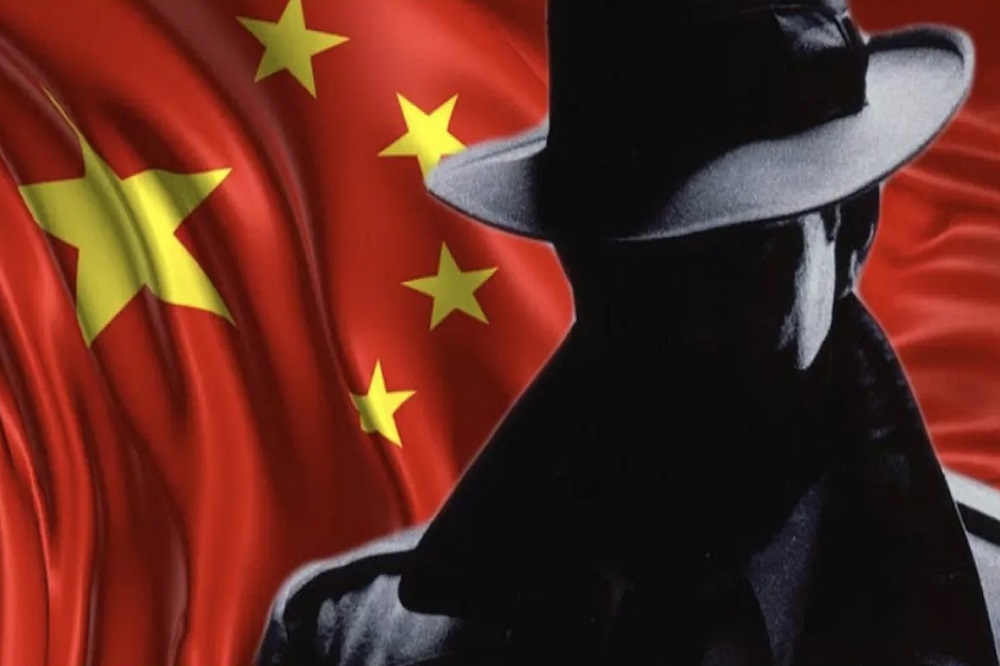China’s aggressive global strategy has become a major concern for democratic nations, especially with the rise of espionage activities and influence operations that threaten the integrity of democratic institutions. The Chinese Communist Party (CCP), under the leadership of Xi Jinping, has been accused of deploying spies and engaging in covert operations designed to undermine democracy and promote authoritarianism worldwide.
China’s Espionage Network
China’s espionage efforts are vast, with numerous cases of Chinese spies infiltrating governments, academic institutions, and corporations in democratic countries. These spies are often tasked with stealing sensitive information, from military secrets to cutting-edge technology, which is then used to bolster China’s economic and military power.
One of the most notable espionage cases involved Jerry Chun Shing Lee, a former CIA officer who was sentenced to 19 years in prison for providing China with information that led to the dismantling of the CIA’s network in China. The loss of these assets was a significant blow to U.S. intelligence operations in the region.
In addition to traditional espionage, China has been accused of using “non-traditional” collectors, such as students, academics, and businesspeople, to gather information. Many Chinese nationals studying or working abroad are pressured by the CCP to collect intelligence or act as informants. This tactic not only increases the scope of China’s intelligence-gathering but also makes it harder for host countries to detect and counter these activities.
Influence Operations and Political Interference
Beyond espionage, China has been actively involved in influence operations designed to sway public opinion and interfere in the political processes of democratic nations. The United Front Work Department, a CCP agency, plays a central role in these efforts by fostering relationships with foreign politicians, media outlets, and academic institutions to promote pro-China narratives and suppress criticism of the CCP.
China has also been accused of interfering in elections. For example, in Australia, the CCP has been linked to attempts to influence political candidates and infiltrate political parties. In New Zealand, there have been concerns about Chinese donations to political parties and the presence of Chinese agents within the government.
The Threat to Democracy
China’s efforts to undermine democracy are not limited to espionage and political interference. The CCP is also promoting its authoritarian model as an alternative to liberal democracy. Through initiatives like the Belt and Road Initiative (BRI), China is expanding its influence in developing countries by offering economic incentives in exchange for political loyalty. This often leads to the erosion of democratic norms and the strengthening of authoritarian regimes.
Furthermore, China’s control over critical global supply chains, especially in technology, gives it leverage over democratic countries. The CCP’s dominance in areas like 5G technology, through companies like Huawei, has raised concerns about the potential for espionage and the spread of Chinese influence through infrastructure that underpins global communications.
Conclusion
China’s covert operations, from espionage to influence campaigns, pose a significant threat to democratic institutions and global stability. As the CCP continues to expand its influence, democratic nations must be vigilant and proactive in countering these efforts. Protecting democracy will require international cooperation, robust security measures, and a commitment to upholding the principles of freedom and transparency in the face of authoritarian encroachment.




